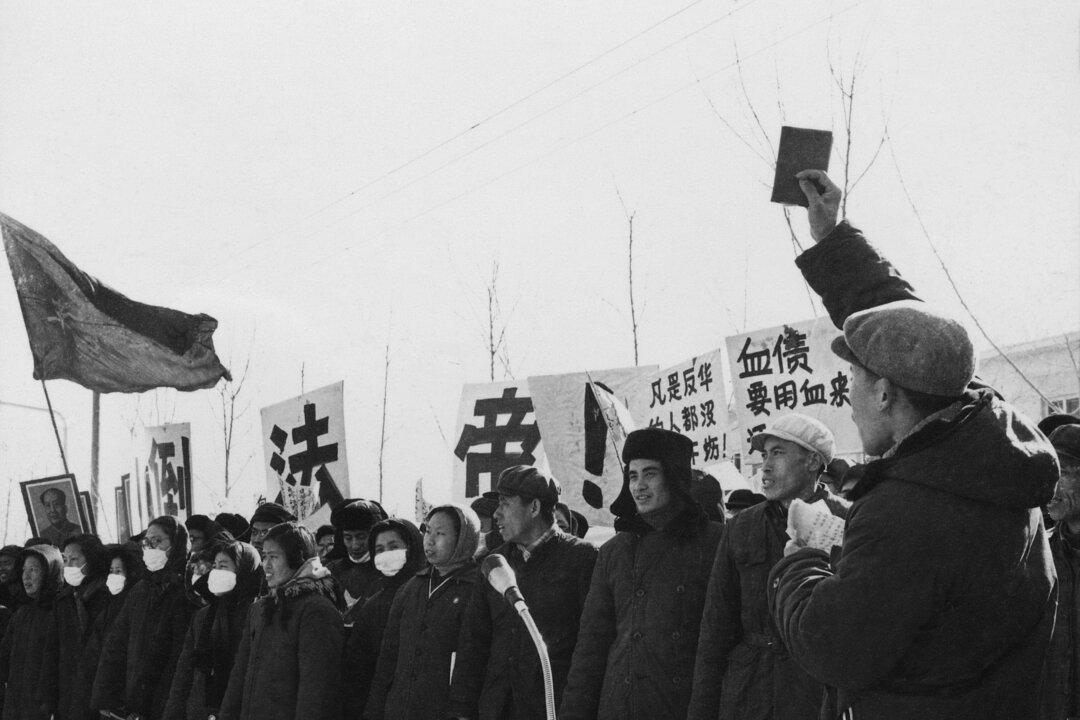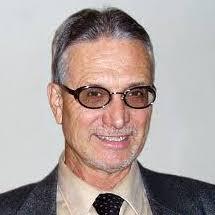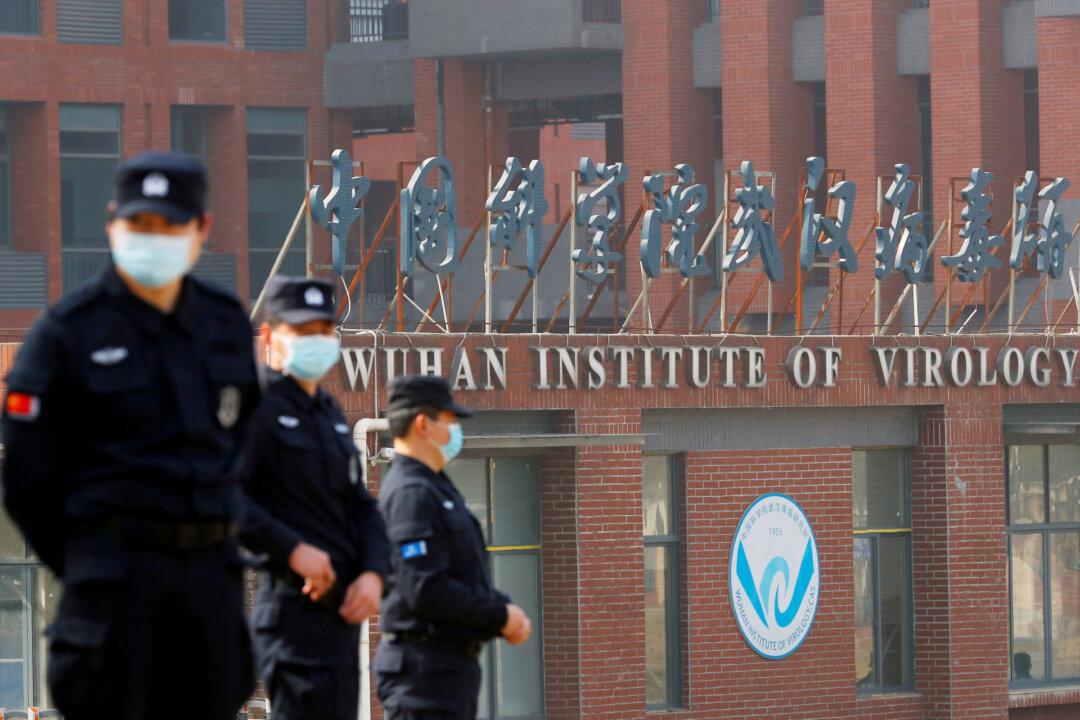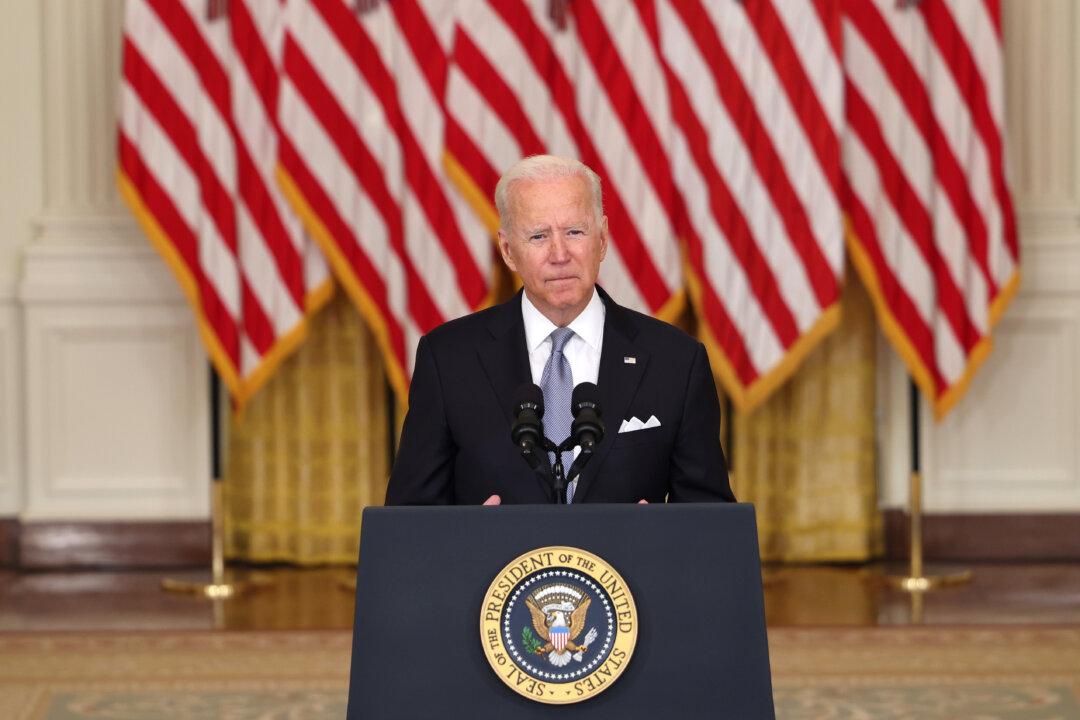Commentary
Last year, Joe Biden’s comment that the Chinese “aren’t bad folks” and “not competition for us” created something of a stir, even among supporters of the Delaware Democrat. Some may be unaware that prominent Americans and Europeans have been overly kind to the Chinese communist regime for decades, as Paul Hollander chronicled in “Political Pilgrims: Travels of Western Intellectuals to the Soviet Union, China, and Cuba,” from Oxford University Press in 1981.





